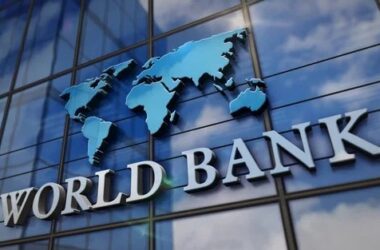Nigeria’s bold economic reforms—removal of fuel subsidies and unification of the exchange rate—have ignited investor optimism, signaling a transformative shift towards a more resilient and diversified economy.
The unification of Nigeria’s exchange rate, eliminating the dual-window system, has enhanced transparency and liquidity in the foreign exchange market. This move has attracted foreign portfolio investments, with transactions increasing by 338.72% between April and May 2023, reflecting a surge in investor confidence .
Similarly, the removal of fuel subsidies, while initially challenging, has paved the way for fiscal reforms that are expected to bolster government revenue and reduce the fiscal deficit. The World Bank projects a 3.6% growth rate for Nigeria’s economy in 2025, driven by these structural adjustments .
The subsidy removal has created a more competitive environment, encouraging private investments in domestic refining. The Dangote Refinery, with a capacity of 650,000 barrels per day, is poised to meet Nigeria’s domestic fuel demand and become a net exporter of refined petroleum products .
The banking sector has experienced significant growth, with indices such as the Banking Index gaining 54.59% and the Insurance Index rising by 58.91% in 2023. This growth is attributed to improved investor sentiment and increased foreign portfolio investments .
The agricultural sector grew by 2.10% in Q4 2023, indicating increased food production and job creation. The manufacturing sector also saw a 3.86% growth, reflecting improved industrial output .
African Percentions
While the reforms have set the stage for economic transformation, challenges such as inflation and infrastructure deficits remain. Continued investment in sectors like infrastructure, education, and healthcare is essential to sustain growth and ensure that the benefits of these reforms are widely distributed.
The commitment to fiscal discipline, transparency, and investor-friendly policies will be crucial in maintaining the positive momentum and attracting both domestic and foreign investments.
In conclusion, Nigeria’s post-subsidy landscape presents a landscape ripe with opportunities. With strategic investments and sustained policy reforms, the country is on a path to becoming a leading economic powerhouse in Africa.









